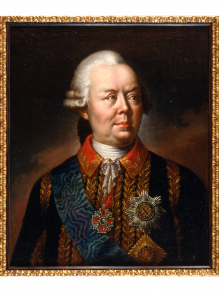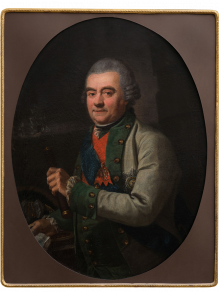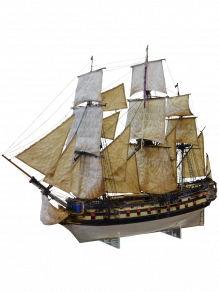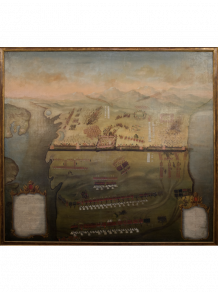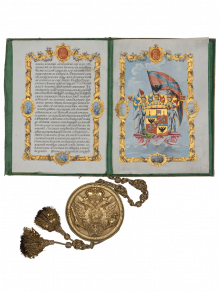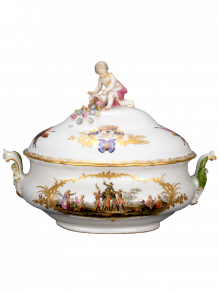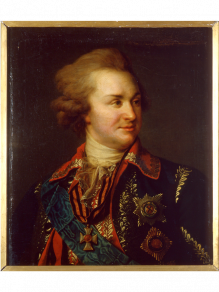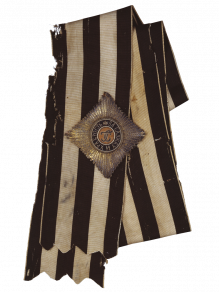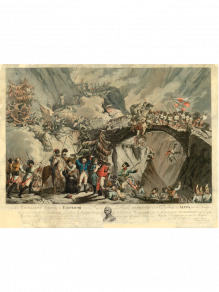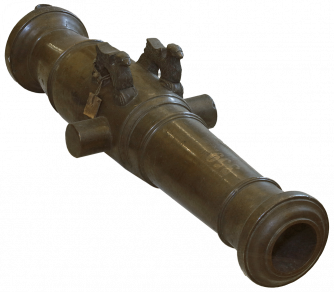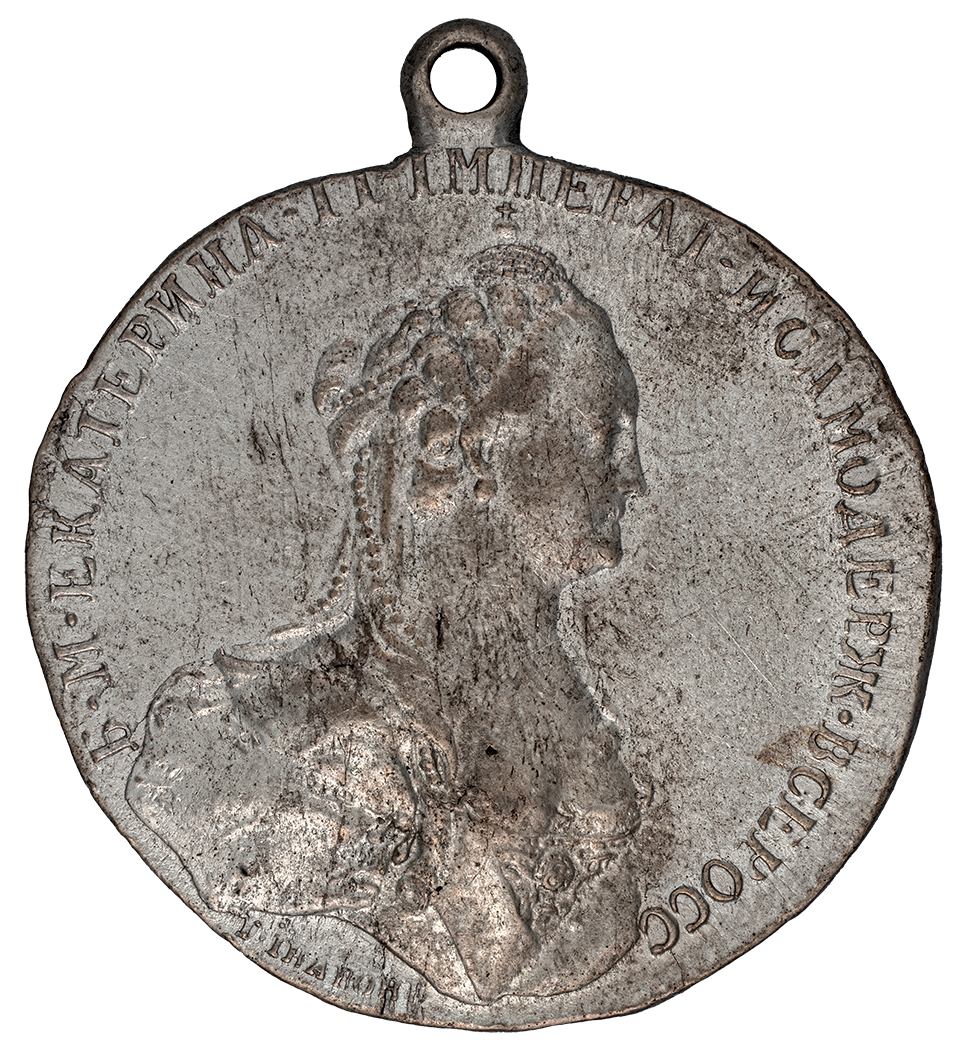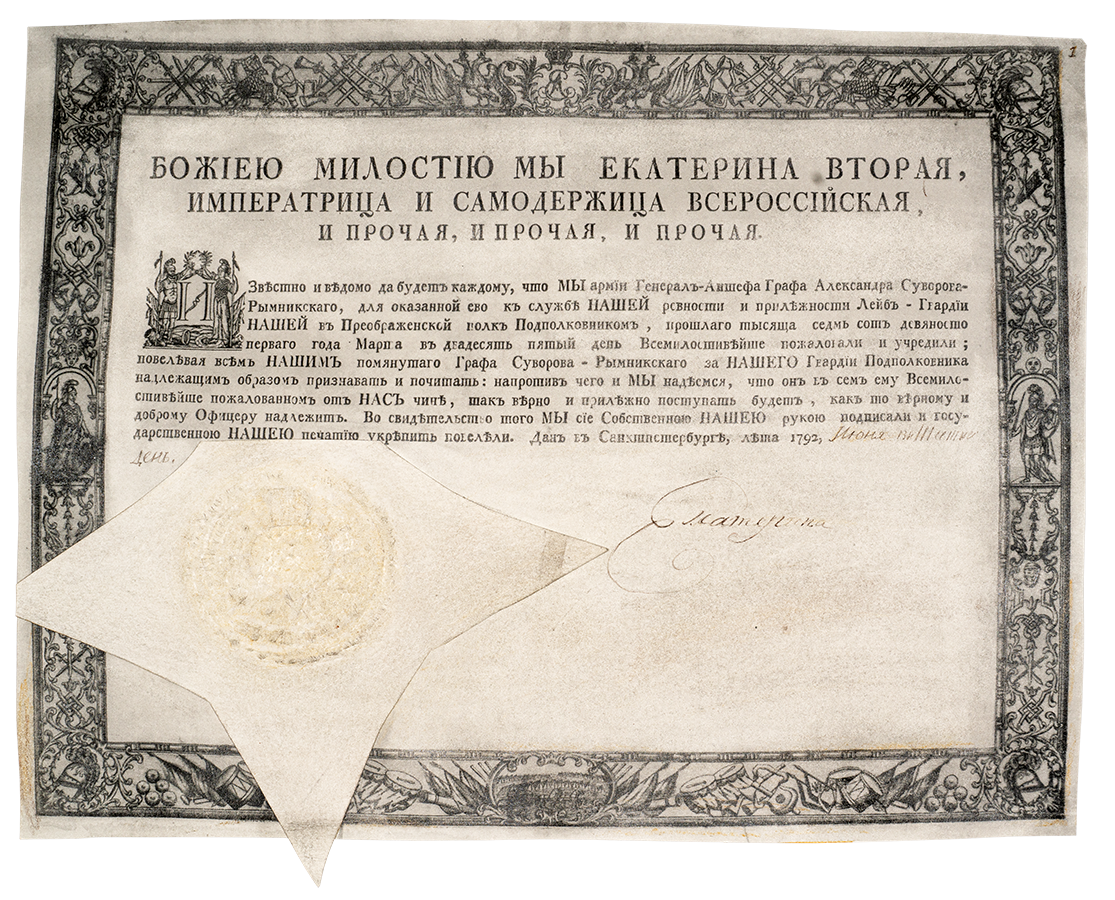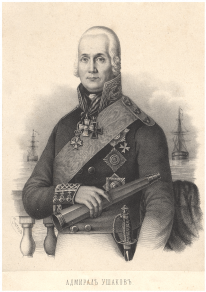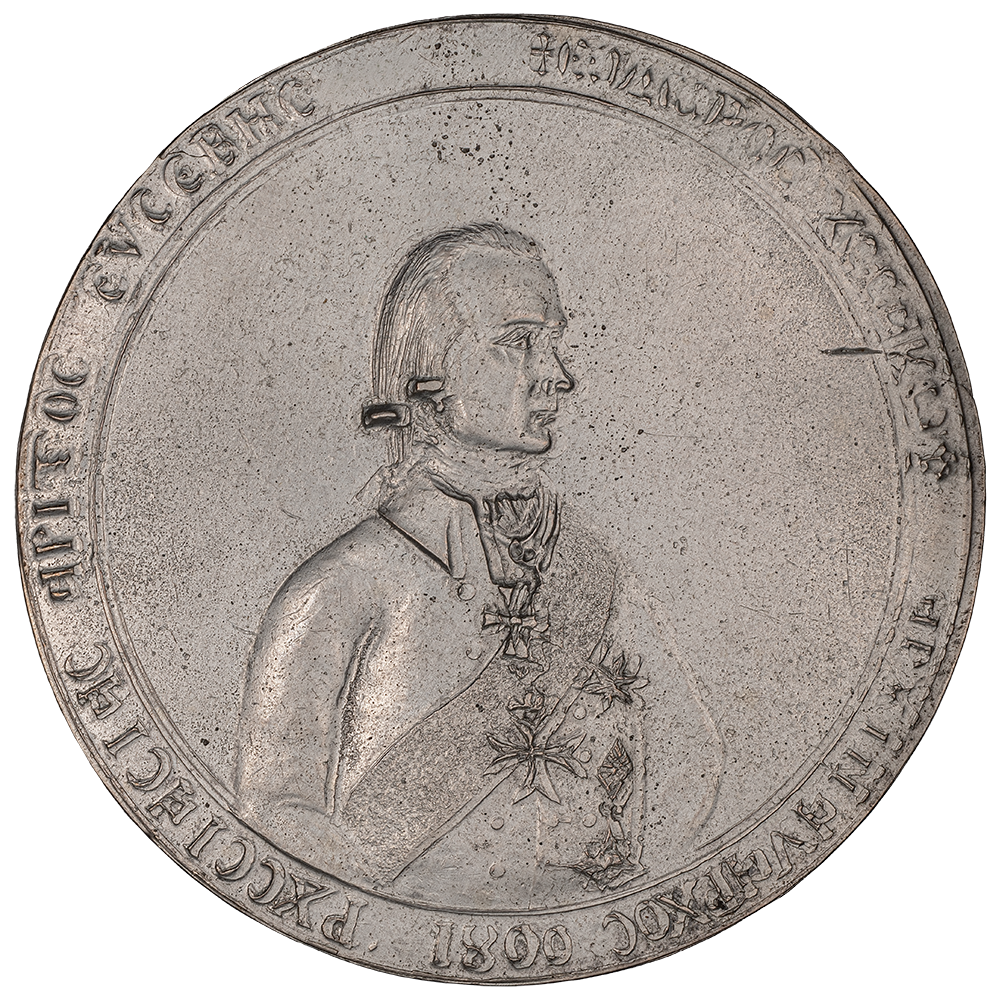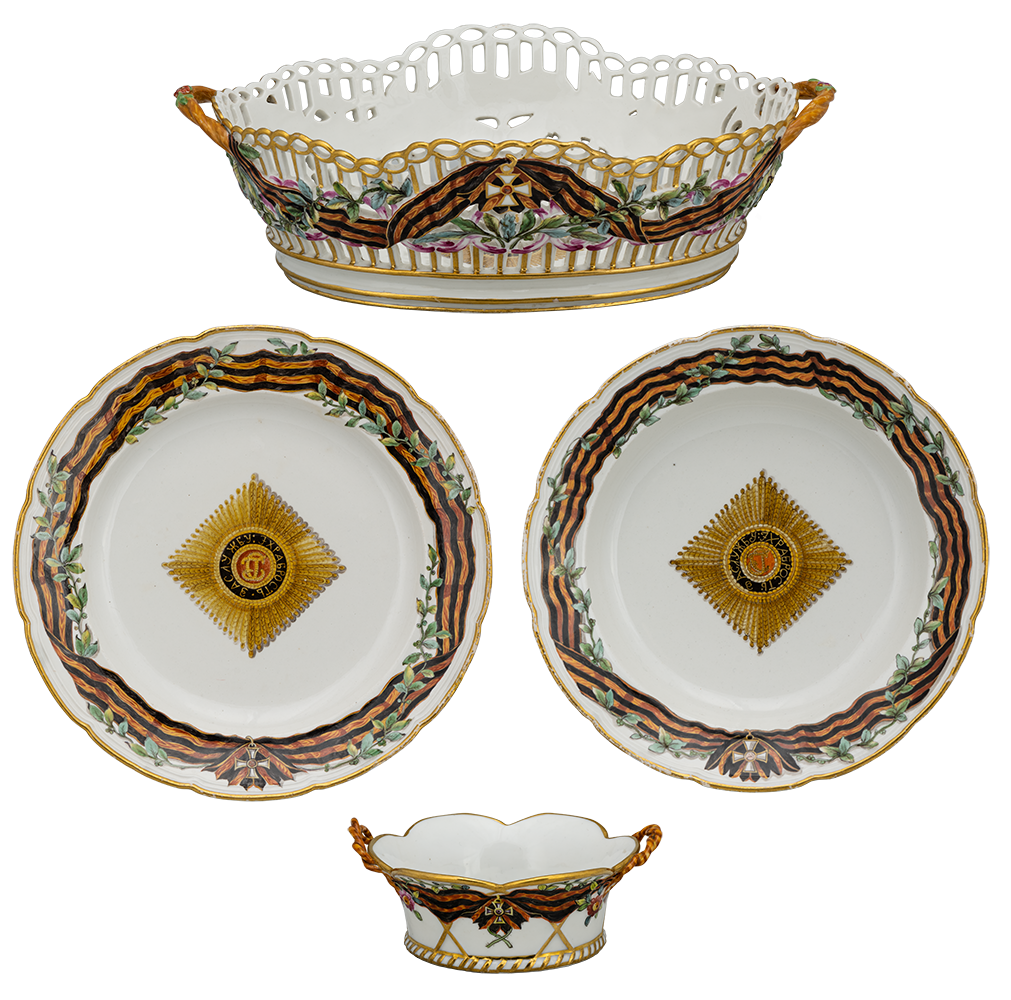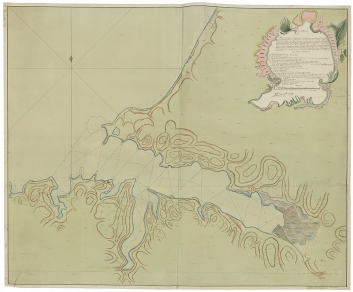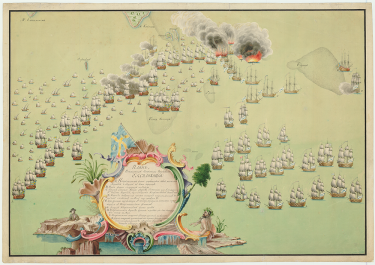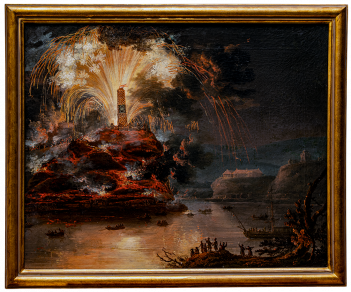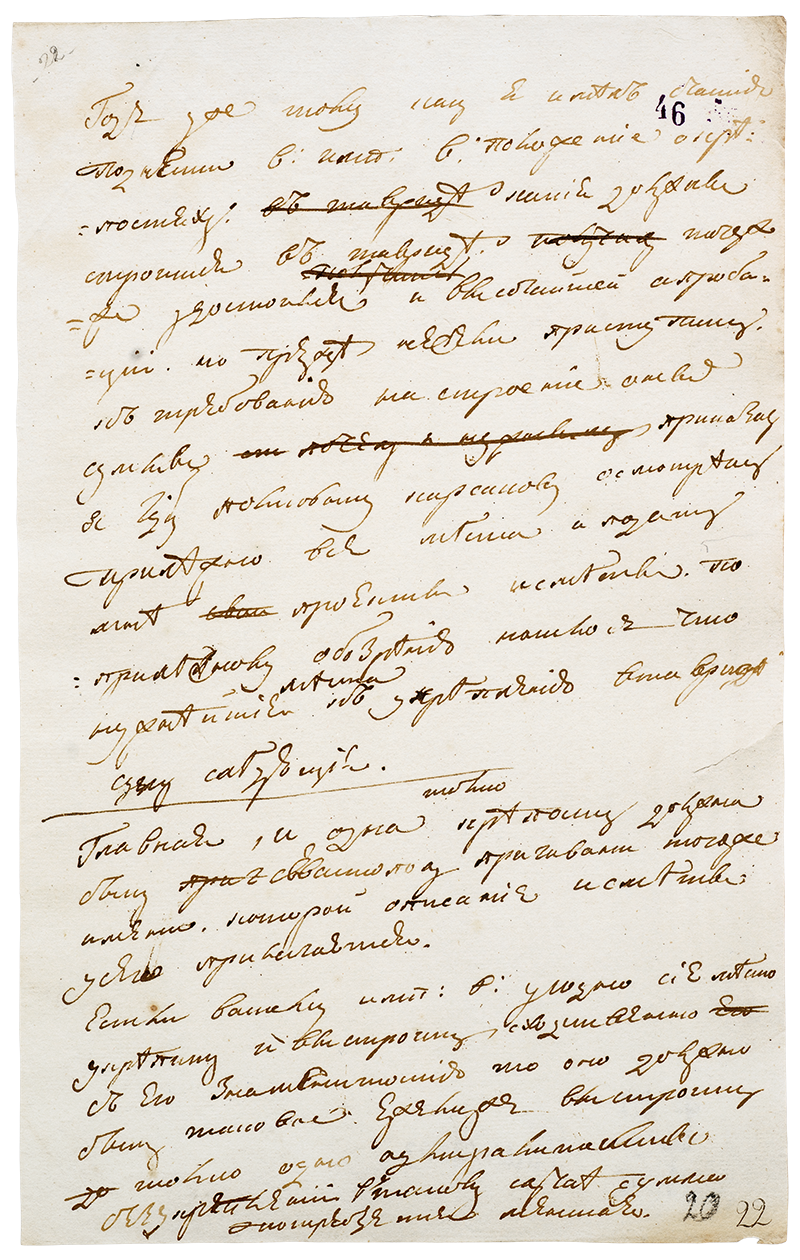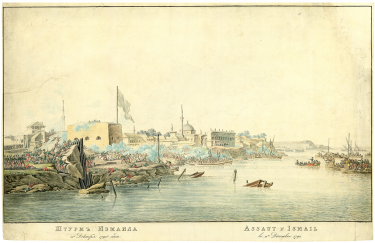Russia in a system of international relations in the second half of the 18th century
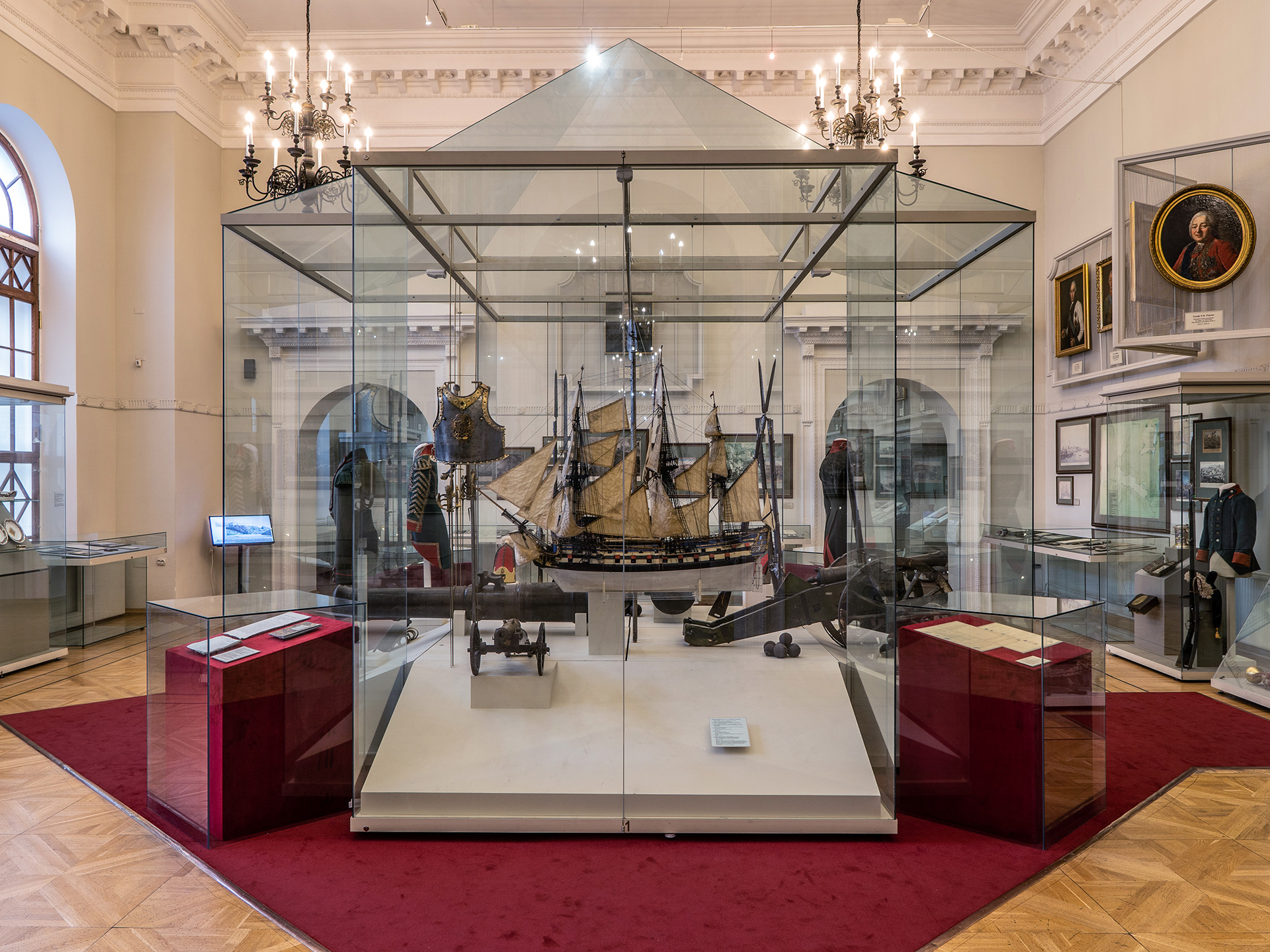
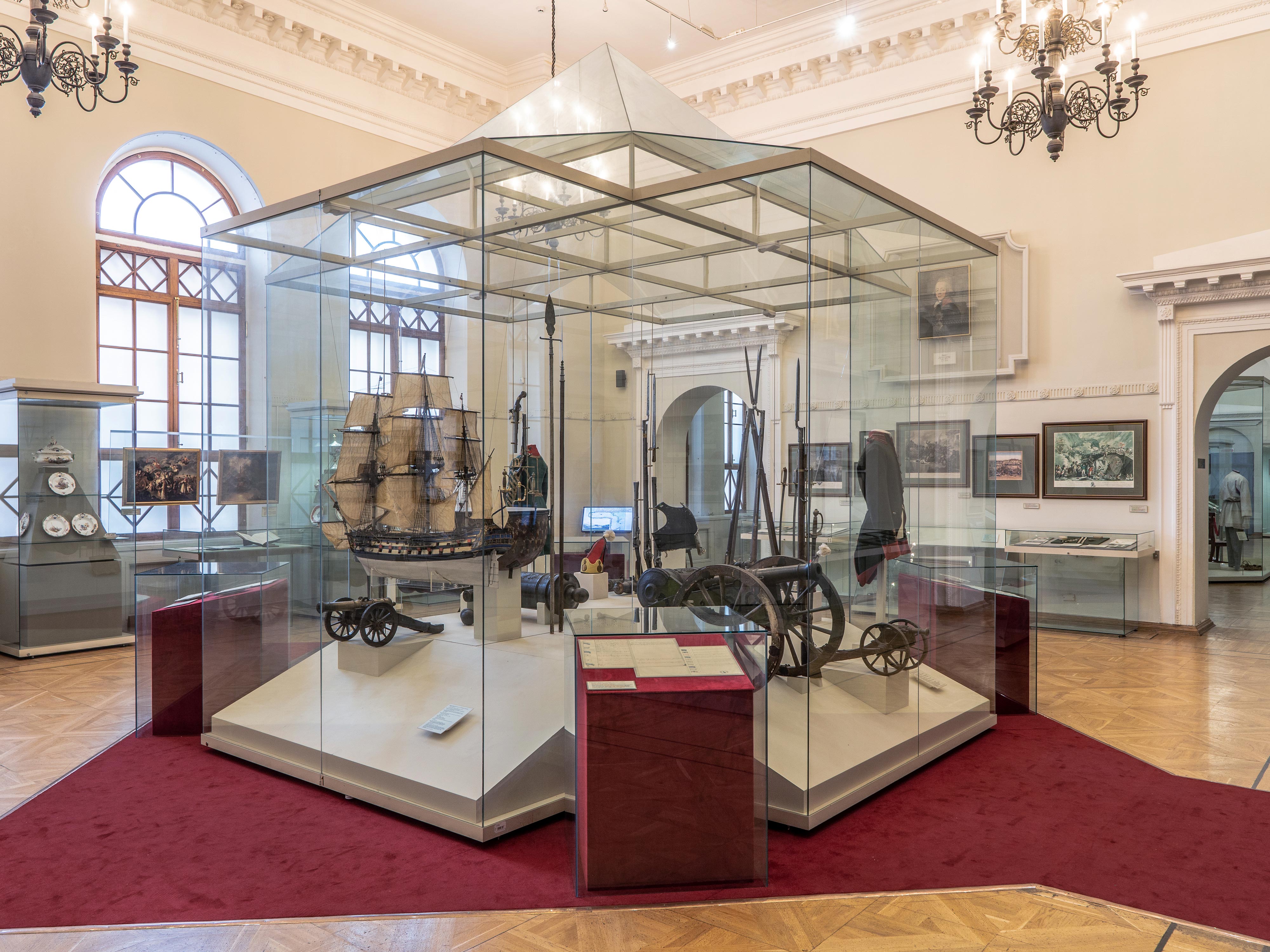
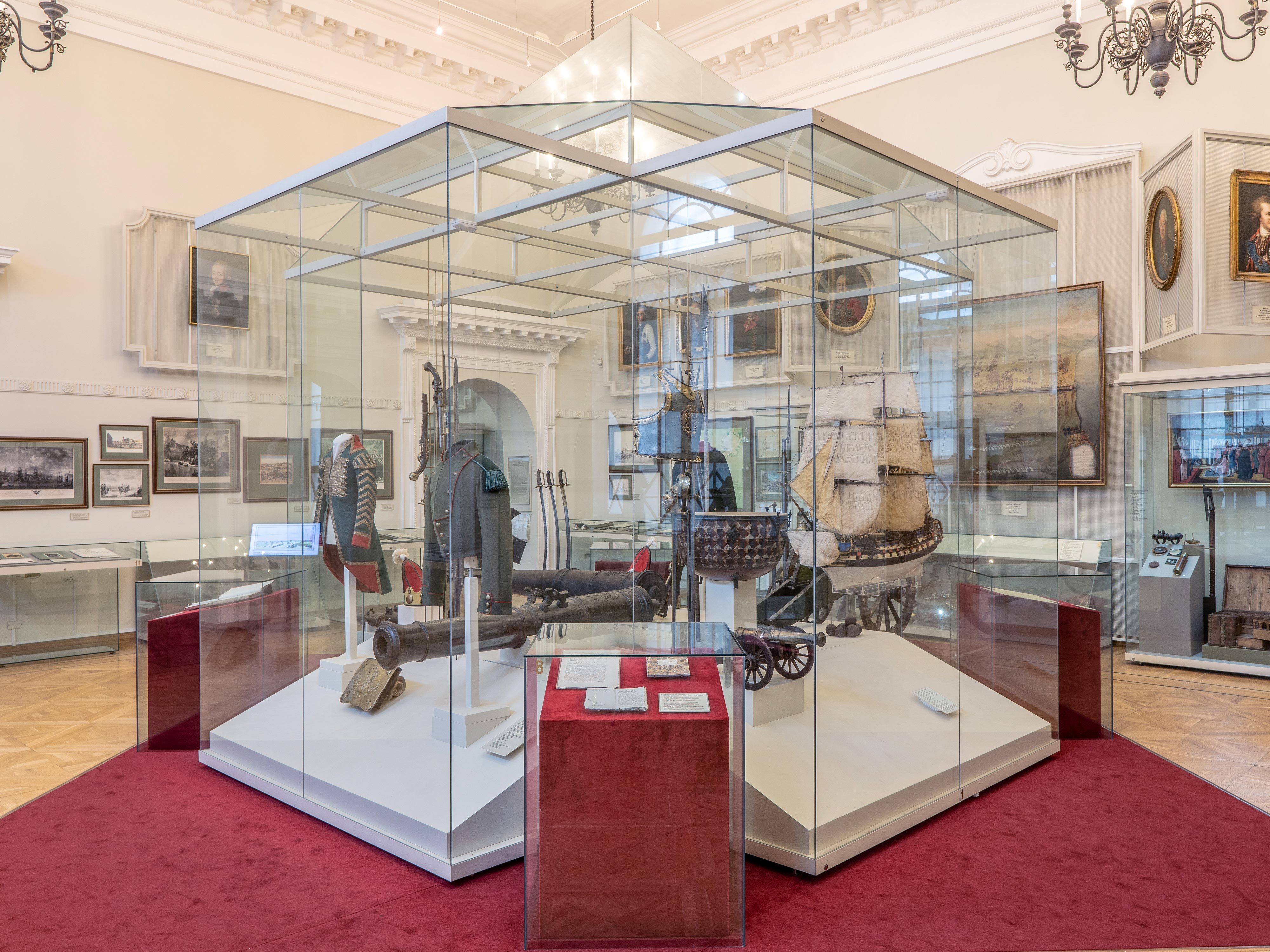
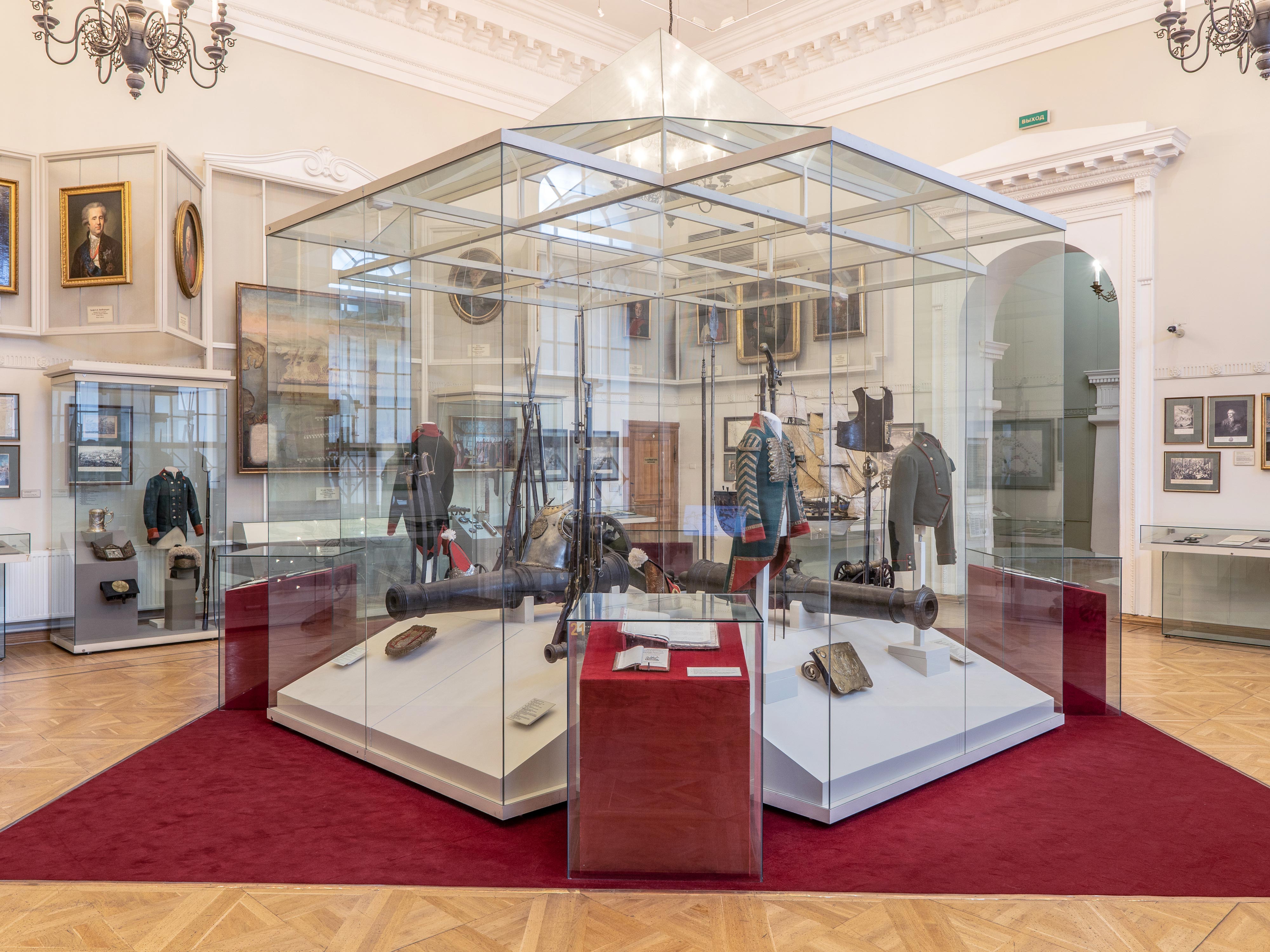
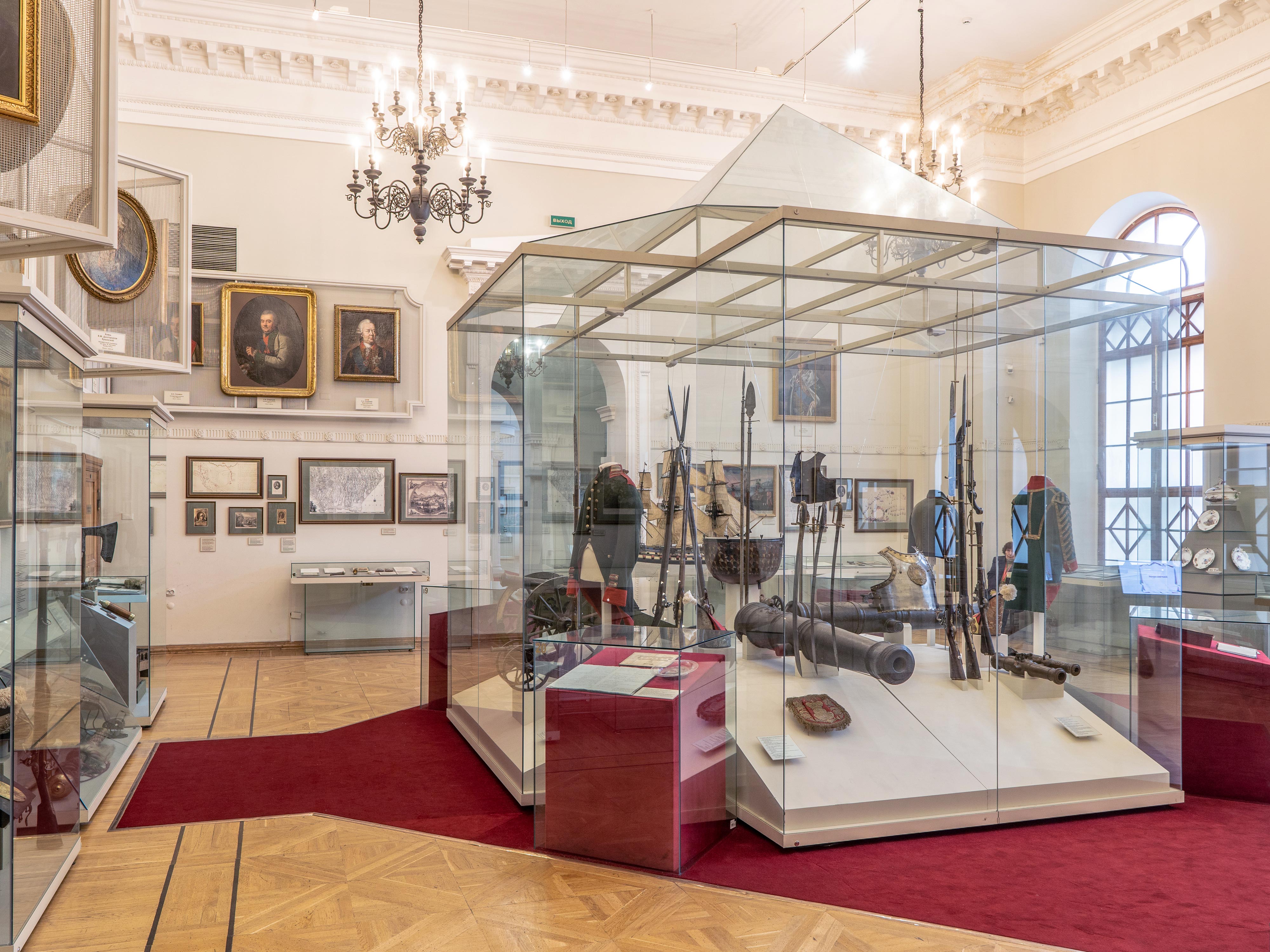
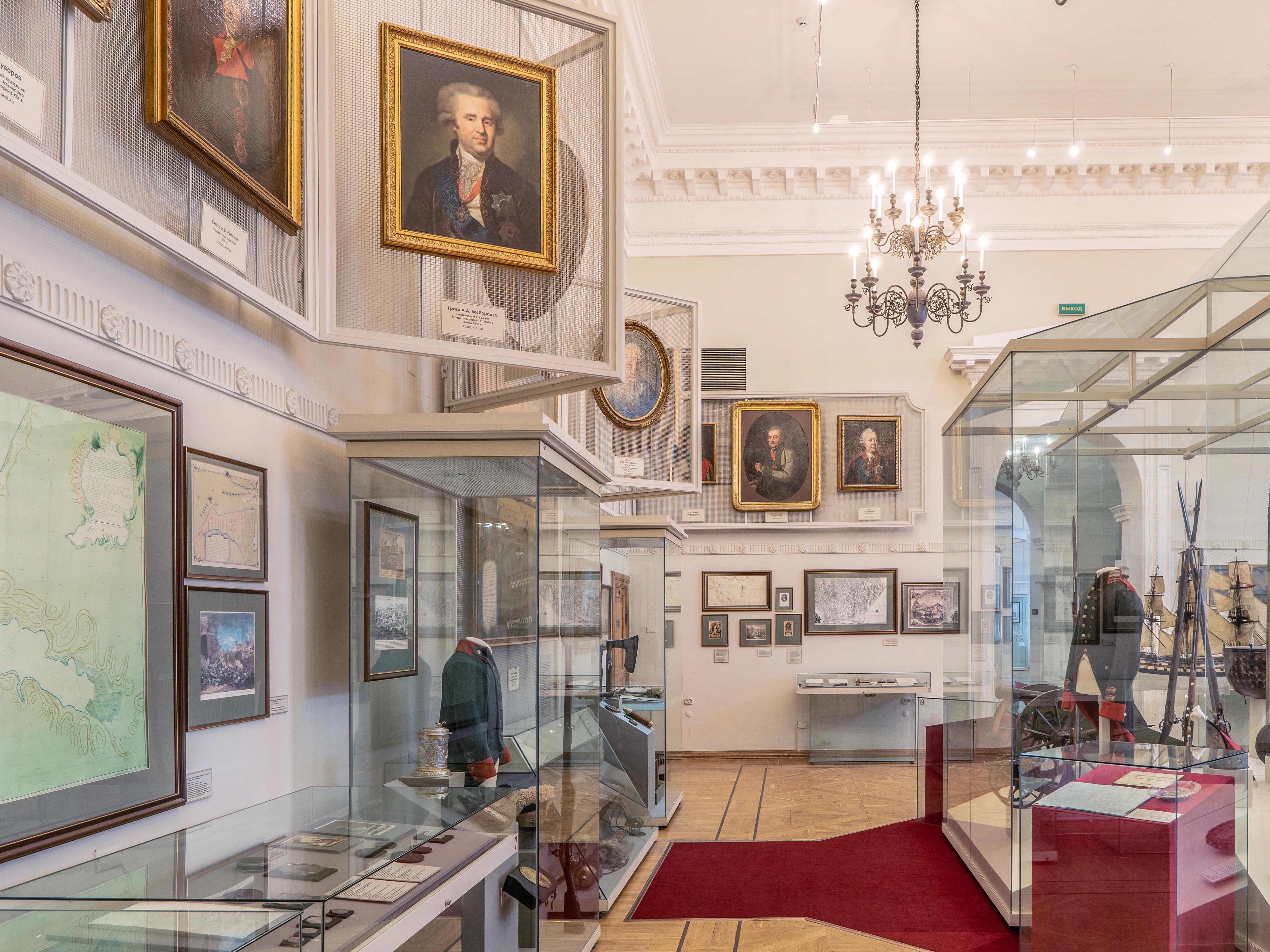
The reign of Catherine II is often called the "brilliant era", but, as honestly noted by historian V.O.Klyuchevsky, it "cannot be attributed to the calm and easy times, on the contrary, it was a difficult time for the people." Russia fought for 17 years of the 34 years of the Empress's reign.
Catherine II considered herself a successor of Peter the Great and was indeed the true heir of Peter's foreign policy and Peter's pragmatism. From the very beginning of her reign, she took the handling of International Affairs into her own hands, proving to be a skilled diplomat, skillfully chosing aides and guides of her foreign policy.
The most important tasks of the foreign policy of the Russian Empire at that time were to resolve the problem of exit to the Black Sea and eliminate constant threat imposed by the Crimean Khanate, the vassal of Turkey. As a result of the bright victories gained during the two Russian-Turkish wars (1768–1774 and 1787–1791), and diplomatic efforts, these tasks were accomplished. The borders of the Russian Empire moved South-West as far as Danube. The Crimean khanate gained independence and later became a part of the Empire. Russia's position in the Caucasus has also been strengthened.
Along with Austria and Prussia, Russia participated in division of Poland, which at the end of the Century ceased to exist as a State. The Russian Empire appended a part of Ukrainian and Belarusian lands that used to be a part of the Rzeczpospolita.
In the reign of the son of Catherine the Great Paul I Russia in alliance with Turkey and Austria joined in the struggle against the expansionist intentions of France on land and at sea. The Russian army campaigns under command of Aleksander V.Suvorov to Italy and Switzerland are still considered to be the top of military art. The brilliant victories of the Black Sea Fleet under the command of Feodor F.Ushakov confirmed the glory of Russia as the Great Naval Power.
The result of foreign policy of the Russian Empire by the end of the Century was a significant, almost double, increase in territory and a significant strengthening of positions on the international arena.
